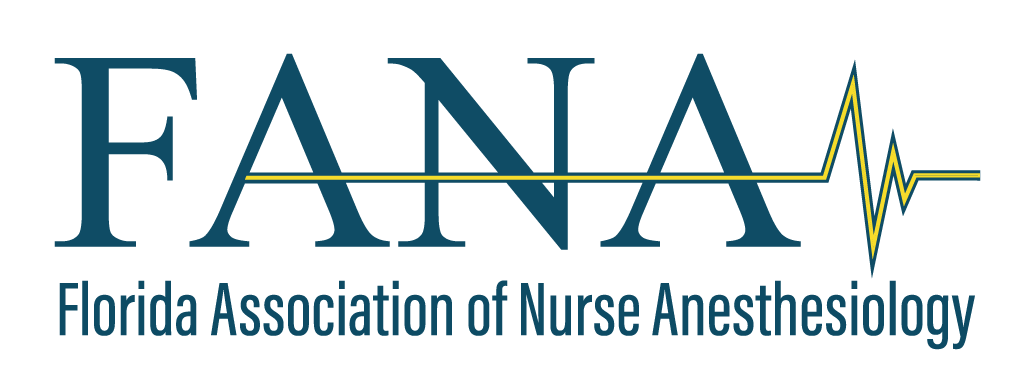Mar
07
Black History Month: Reflecting and honoring mentors and empowering future leaders
For me, Black History Month is not just February, it is every day. Every day, someone of color is making a difference in this world for others. These stories should be shared so we all know WEDO contribute to the betterment of this world.When I was in school for nurse anesthesia, I learned about Goldie Brangman and her historical career.Born in 1917, (she lived to be 102), Goldie Brangman was a co-founder of the school of
anesthesia at Harlem Hospital in New York City and became the director of the hospital’s
school of nursing.
While working at the hospital, she was part of the team that treated Dr. Martin Luther King Jr.after an attempted assassination in 1958. She later became the first African American president of the American Association of Nurse Anesthetists (AANA).
As a Certified Registered Nurse Anesthetist (CRNA), Brangman made significant advancements in the field of anesthesia and patient care. Her work impacted the education and training of future CRNAs.
When I had the pleasure of learning her story, I believed that I could also make a "giant"footprint for our profession. The footprint includes not only me but also others who will pave the way for future CRNAs.
Her story confirms that I must continue to make a great impact on this career from a clinical perspective but, more importantly, the advancement of this profession through education.I believe that every healthcare worker is writing a story that others will follow. That is our role in continuing education.
For our children, teens, and young adults to understand the wealth of education, they must be introduced to the idea of becoming a CRNA. You cannot dream what you do not know. It's about exposure to career choices, mentoring, role models, career days, and visualizing yourself to make a difference for your community and yourself. Being African American and having a career in the healthcare field is critical to manifesting change.
We have and still do face the barriers that include lack of insurance and limited availability of healthcare facilities in the communities. African Americans play a crucial role in addressing these disparities by providing culturally competent care, advocating for healthcare policies that promote healthcare for all and offering programs to the underserved communities.
We often experience disparities in health outcomes compared to other racial and ethnic groups.We as professionals can address these disparities by providing preventative care, early intervention and treatment attuned to the needs of African American patients.We also play a big part in raising awareness about health issues that disproportionately affectAfrican Americans, such as diabetes, heart disease, and certain types of cancers.
And being in the healthcare workforce helps to ensure that African American patients feel understood, respected, and adequately cared for. We can advocate for policies and initiatives that address the social determinants of health impacting African Americans, such as poverty, systemic racism, and housing instability.As each of us write our own story that can inspire others, it is important to share our story proudly and widely.
I have been invited to Great American Teach-ins, webinars, panels, presentations, and to write op-eds (like this one) to share the love of this profession and the pathway to becoming aCRNA.Because of my affiliation with the diverse state association, it offers a sounding board for those who wish to consider this profession as a choice when choosing their path in life.This diverse state association offers a strong collective outlook, a sense of trust, psychological safety, and increased awareness. Everyone has a voice, and we listen.Whether we are on the front lines of history like Goldie Brangman, or on the front lines in our workplace and community, we can make a profound influence that benefits the entire community. And not just on 28 days a year, but each and every day.
Sabrina Nelson-Winters, DNP, CRNA, APRN, is based in Tampa and has practiced in the field of nurse anesthesiology for more than 16 years. She holds a Doctor of Nursing Practice degree as well as Master’s and Bachelor’s degrees in nursing. She is a member of the 2023-2025 Board of Directors of the Florida Association of Nurse Anesthesiology.
See Original Article Here: https://www.scribd.com/document/707427080/Sabrina-Nelson-Winters-Op-Ed-BHM-2024
Share this post:




